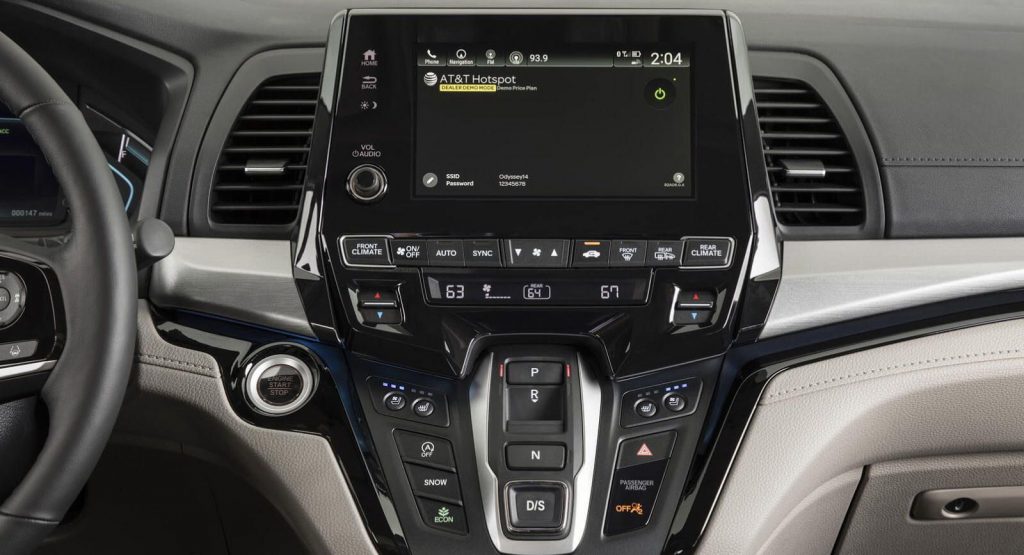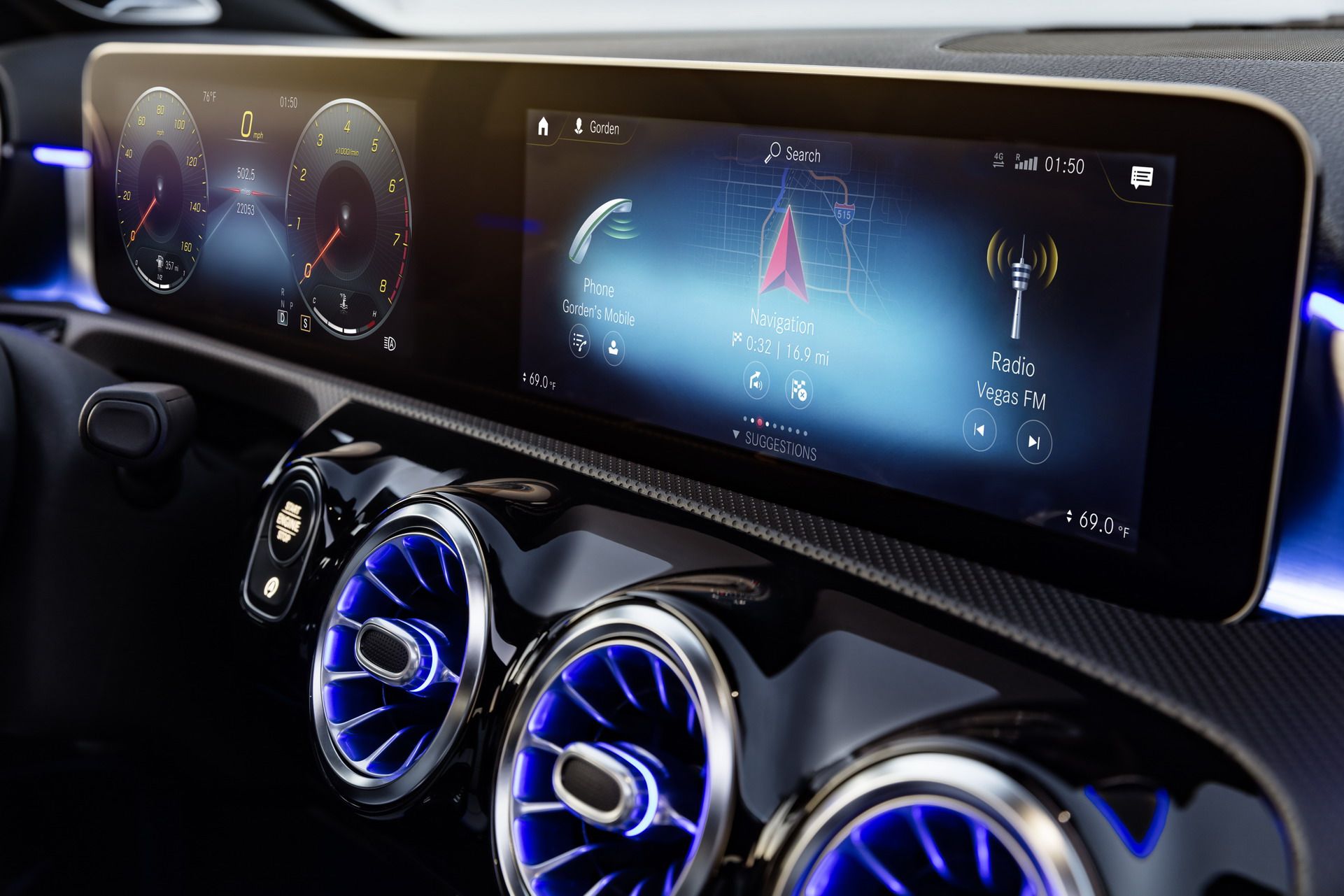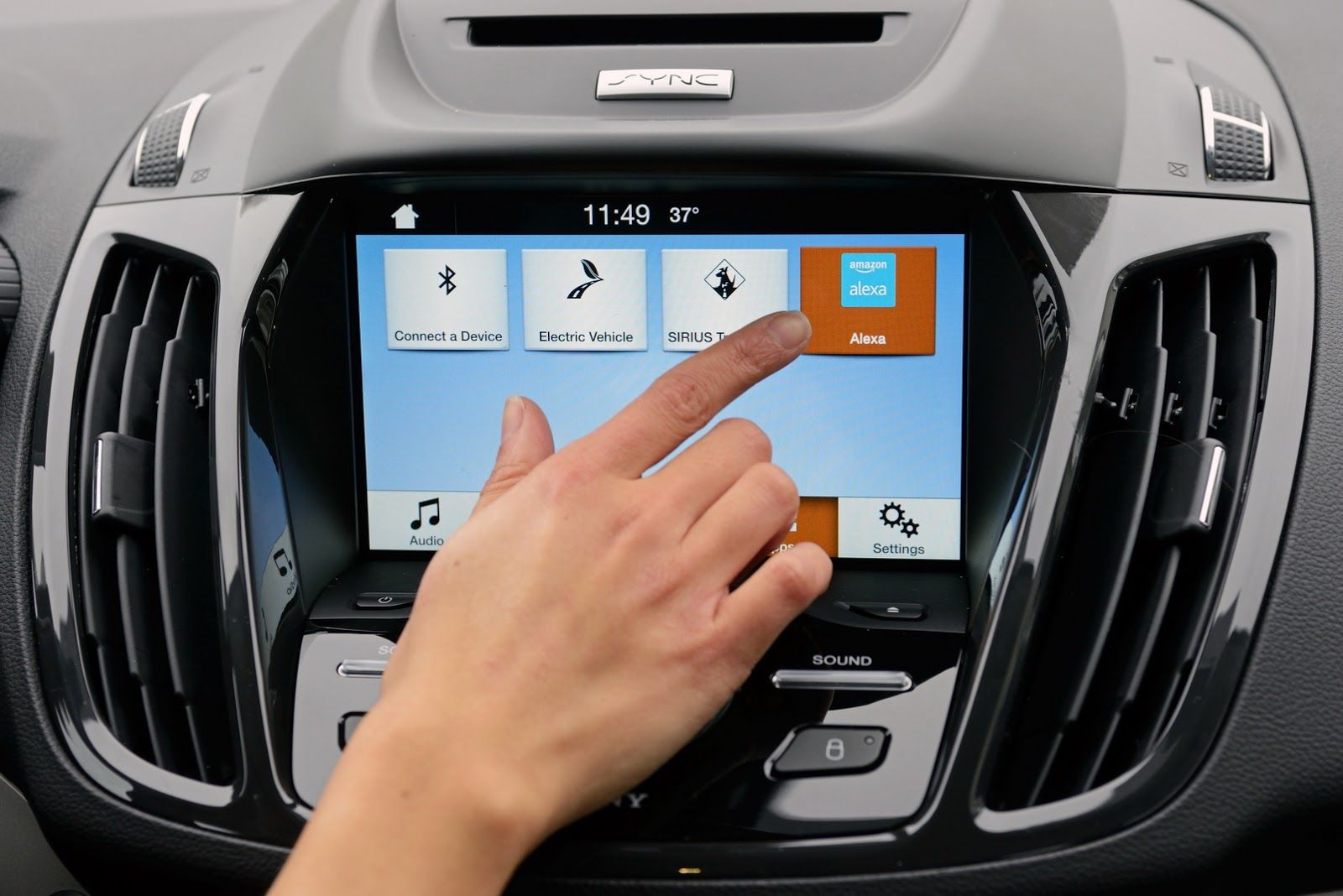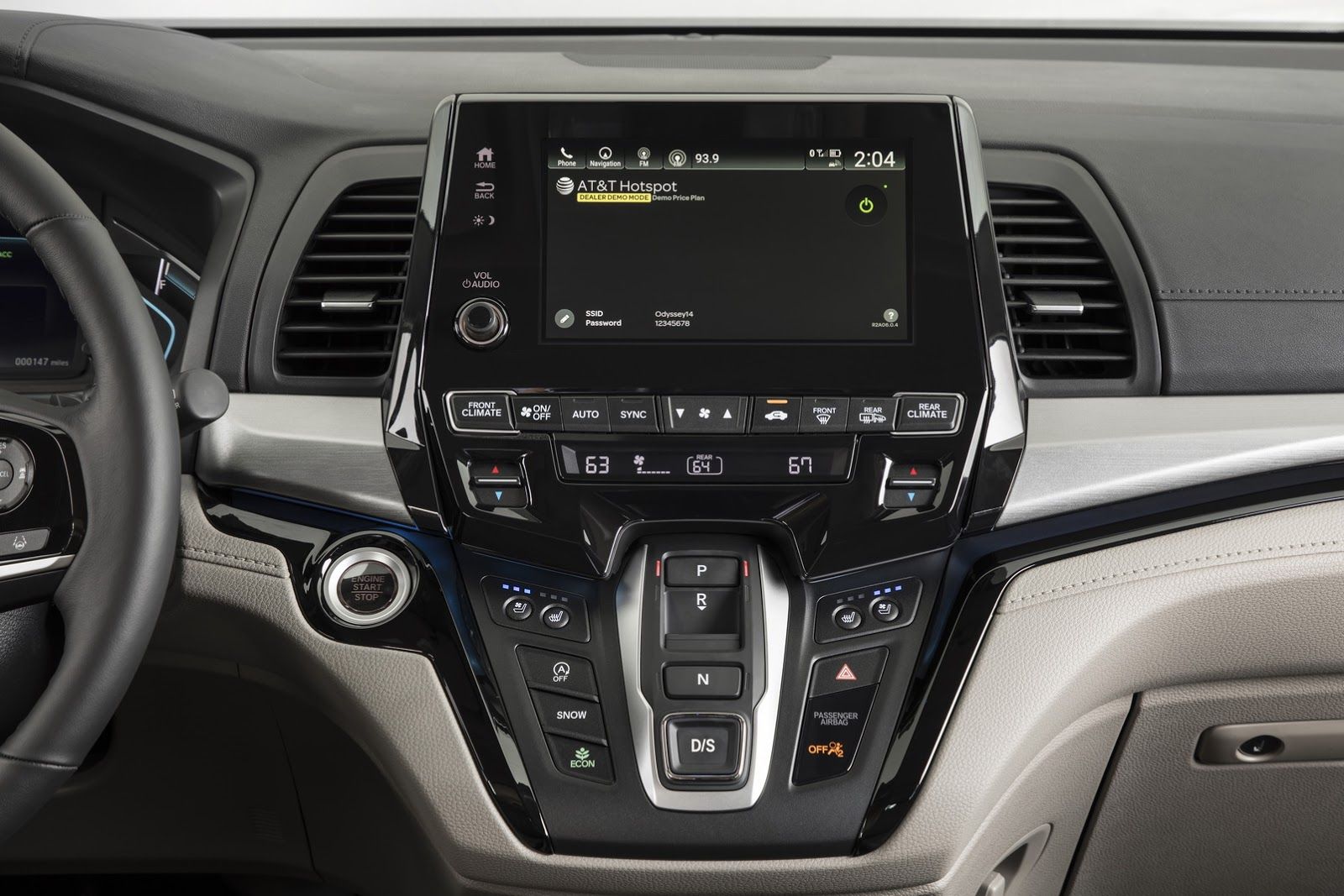Unlike buyers in the U.S. and Europe, people in Japan aren’t all that into connectivity when it comes to the cars they drive. In fact, only 10% of cars in Japan have embedded connectivity, compared to 49% in the U.S. and 31% in Europe.
They’re even trailing China, which sits at 20%, according to consultancy firm SBD Automotive, who predicts that 2/3 of cars in the U.S. and Europe will have connected features in 2020.
“For Japanese carmakers there’s a big risk,” stated Masanori Matsubara, a senior analyst at IHS Markit. “They have to compete on a global level with the Detroit Three and the Germans, which have experience and have built the ecosystem and service platform.”
So instead of opting for connectivity services built directly into their dashboards, Japanese drivers prefer to pair up their smartphones to the car’s systems, meaning data (such as streamed music) will flow directly through the smartphone provider (Apple or Google), instead of through the car company’s own software, reports Autonews.
According to McKinsey & Co, the data generated from smart/connected cars will create a market as big as $750 billion by the year 2030.
“There needs to be customer pull,” said SBD analyst Lee Colman. “The carmakers don’t want to offer those services unless they know the customers will actually tick ‘yes’ in the optional box.”
The time to act is now
In Europe for example, the EU is making connectivity mandatory for safety purposes, while Chinese automaker Lynk & Co is looking to offer young buyers features such as always-on Internet and instant ride-sharing at the push of a button.
“What could be the Japan-originated connected service that would capture local demand is the billion-dollar question,” added Colman. “It will come down to what problem you are trying to solve.”
Toyota has already started a service called T-Connect, providing drivers in Japan with real-time traffic information, while also letting them book restaurants via a human concierge. The service however hasn’t won over many customers, according to Toyota exec Akio Yamamoto.
Meanwhile, Nissan senior VP of research Takao Asami, says that the turning point will be around 2020 through 2025.
“If we miss that period, we will have a big problem.”






